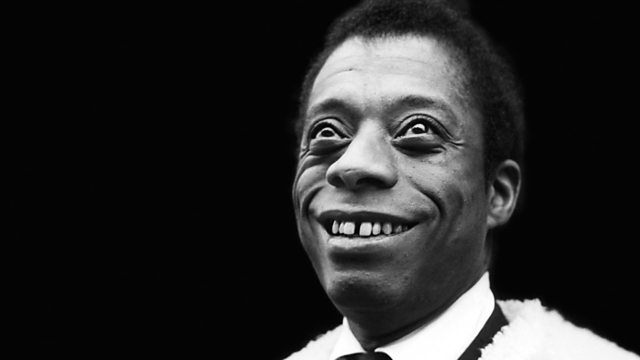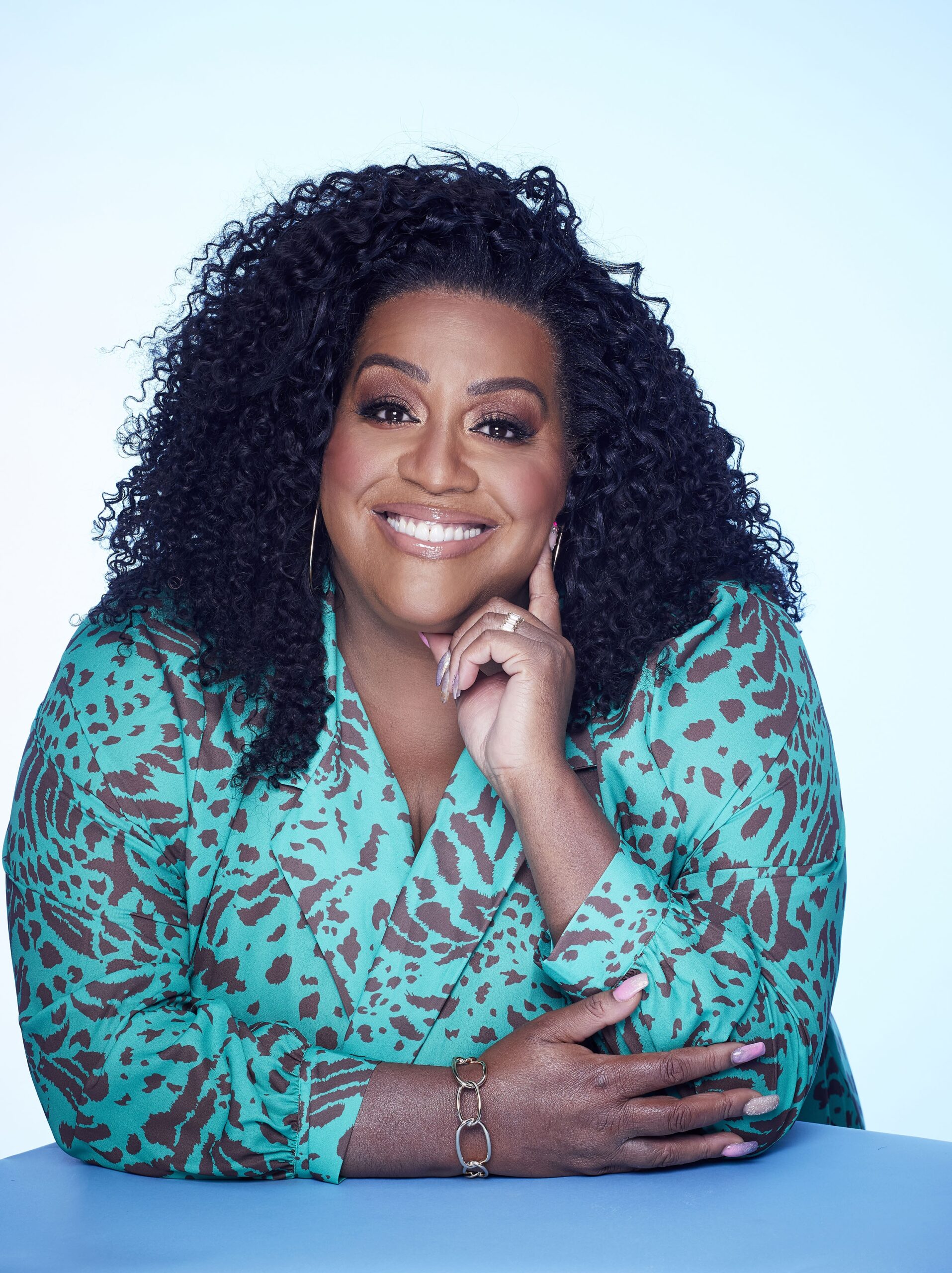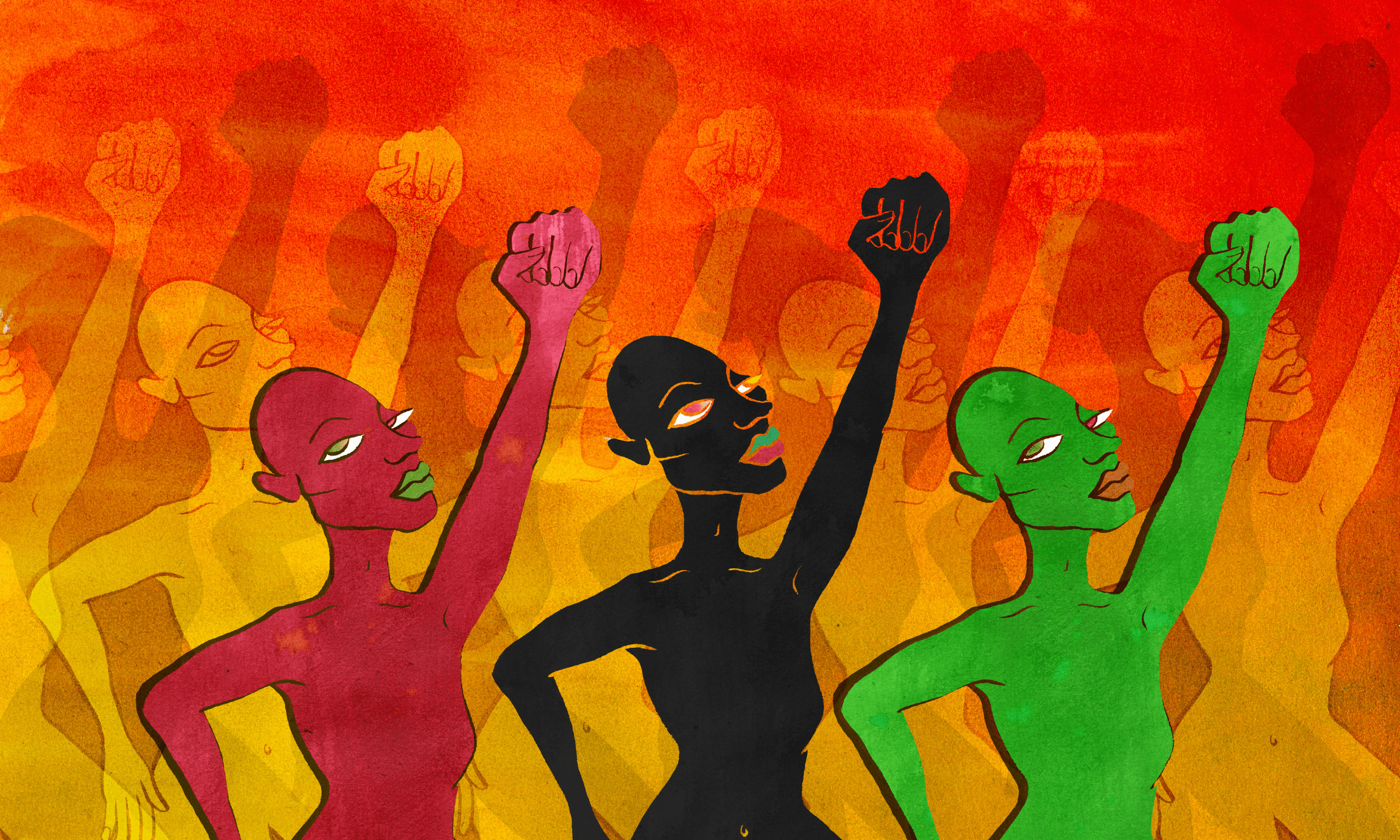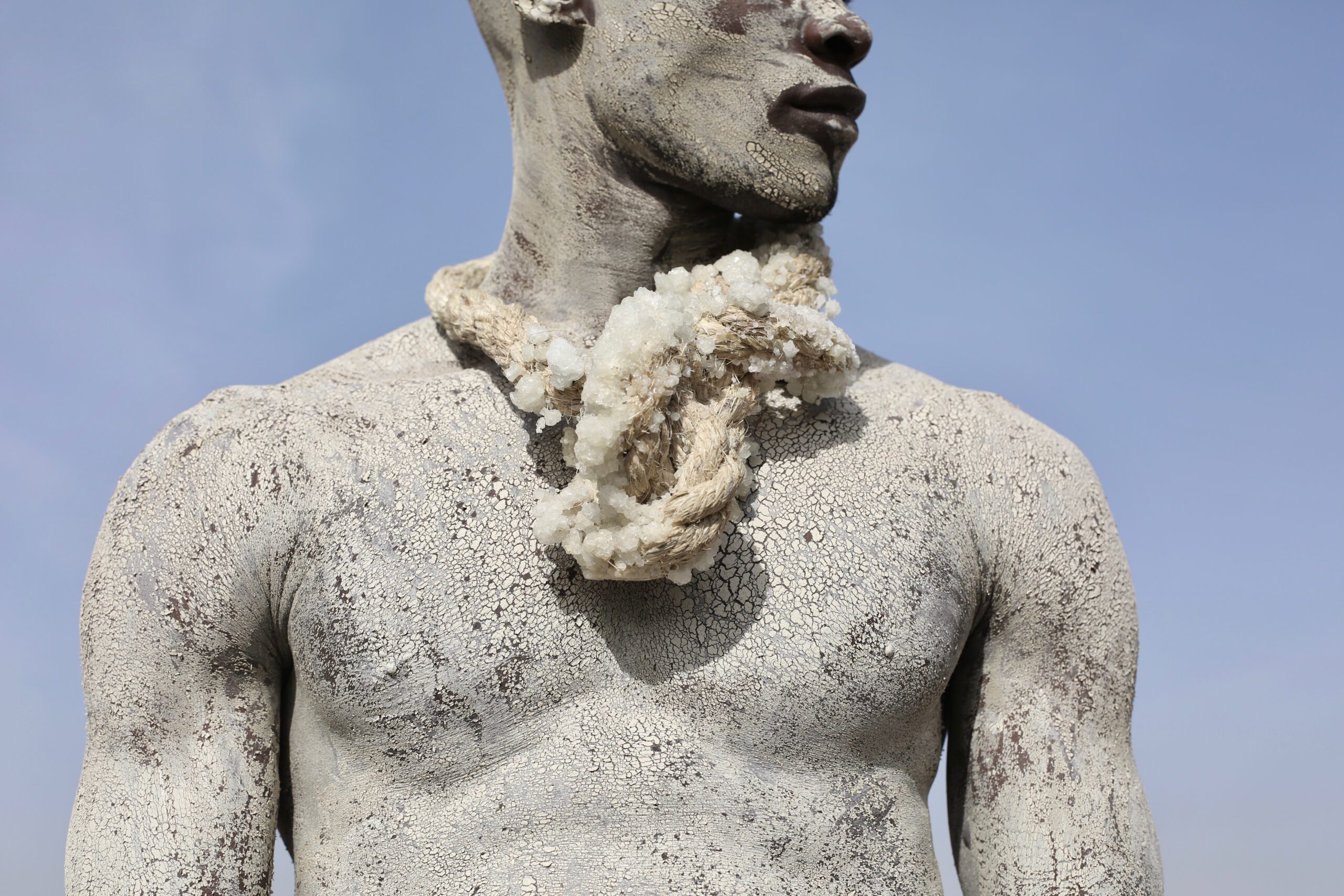
“Most of us are walking in the dark, listening in the dark”, opens James Baldwin in BBC Radio 3’s documentary Nobody Knows My Name: Notes on James Baldwin. Airing in late September, the Storyville episode produced by Shanida Scotland orchestrates a symphony of differing interpretations over archived extracts of Baldwin audio, and is perfect listening for black History Month. James Baldwin was an African American writer and social critic, whose essays documented and analysed what it was to be a black gay man in mid-century America. For Shanida, Baldwin “makes tangible that which can sometimes be difficult and overwhelming to articulate. Whether in his essays or through the character study of his novels”.
The beauty of radio is that you are not distracted by aesthetics – you are completely attune to what is being said. In this instance, the audio medium emphasises Baldwin’s words, heightening the passion Baldwin infused in the momentum of the black civil rights movement. Scotland’s choice of the medium was partly inspired by this. She says, “I really wanted to tease out this intimacy, these connections, for the listener. It was very special for me to work within the audio space for this project”.
“Baldwin speaks of how black people have always had to try and survive their blackness… The routine frisking of black men, the touching of black women’s hair, the turning on the T.V. … that does not acknowledge your existence…”
The use of radio also functions as a neat metaphor for discrimination. Just because we may not directly see or experience societal injustice does not mean it isn’t and hasn’t always been there, rumbling in the dark. Through the frank and personal interpretations of the episode’s range of guest speakers, such as the academic Robert Reid-Pharr, and Imani Robinson of the sorryyoufeeluncomfortable collective, the episode texturised Baldwin’s insight of racial, sexual and gendered injustices that continue to ring through contemporary culture. The episode showcases Baldwin’s brevity and eloquence, giving new listeners a chance to engage with his criticisms of society’s ills. It’s an incredible documentary that shows Baldwin rightfully as one of the greatest American authors and intellectuals of the 20th century.
2016 and 17’s renaissance of Baldwin, who died in 1987, has become a way of explaining everything from Trump, to Brexit, and Black Lives Matter. Reid-Pharr reasons in the episode that it is because “people are looking for new narratives that will get society beyond what is currently happening”. The rapid rise of the far-right has punctured our illusory bubble of social safety. There is a sense of stability in turning to Baldwin, with Scotland feeling that “it is as if centuries of human experience could only have been distilled and understood through his eyes. And yet there is an incredible intimacy that feels completely recognisable to moments in one’s own life”. In the episode Baldwin speaks of how the safety of society is an illusion, and that artists are here to disturb this peace. As society can no longer play pretend politics, there has been a turn towards artists such as Baldwin, who have a fearlessness in critiquing the ills of not only America, but western society at large in a way that signposts “radical” alternatives such as post-racial humanism. Art has the imagination to provoke questioning, which Scotland achieves in the episode by mixing the dialogue of Baldwin with the various thinkers and writers on the episode who, she says, “find moments of connection to Baldwin’s literary craft”.
“The safety of society is an illusion, and artists are here to disturb this peace”
Shanida is particularly proud of the way in which the documentary underlines how “Baldwin’s words are able to cut through to the heart of the matter”. The clarity of Baldwin’s words offer an accessible antidote to the typical political jargon that we’ve seen so much of. In the episode Baldwin speaks of how black people have always had to try and survive their blackness: people of colour have always known and experienced the constraints of systematic repression. The routine frisking of black men, the touching of black women’s hair, the turning on the T.V. and seeing only white representation that does not acknowledge your existence… It triggered me into re-evaluating my own experience of being a mixed raced woman, and how throughout my life I had always tried to escape or deny my ‘blackness’ as a way of surviving it. The novelist Mitchell S. Jackson points out in the episode that Whiteness is being “pushed off the throne”: the volubility of its prejudices, have finally thrown Whiteness into chaos. Only now after Charlottesville, The Charleston Church massacre, Stephen Lawrence, Munroe Bergdorf etc. has the klaxon of racial inequality continued to deafen the ear of Whiteness. Jackson continues by remarking that Whiteness as an identity can no longer “tell the same lies and reap the same benefits from those lies”. The frustration for the black community however, is that from colonial slavery to our contemporary lives, we have always experienced these rampant problems, continuously muting our voices and our progress.
Despite the praise for Baldwin throughout, the documentary does not assume his views to be the definitive antidote to the predicaments that underlie social disillusionment, and our inequality. A fervent point is made in the episode by Imani Robinson, when she discusses how she has been exploring the ways in which she connects and also doesn’t connect with his work: Baldwin’s relationship with the figure of the black woman. I found this to be the crescendo of the episode in not just holding Baldwin up as a flawless figure, but to challenge, and as Robinson rightly says “fill in the gaps of what he could say and what he couldn’t”. It made me think of the the string of events and retrospectives that have put black emancipation back in the public imagination, yet these shows have been dominated by a black masculine perspective. There seems, I feel, less commercial perspective being given to revitalising Black women such as Audre Lorde, Maya Angelou and Toni Morrison, whose works are discussed in the documentary and which Scotland agrees are “vitally important”. The plight of women of colour, as we know, is waxed by the double jeopardy of not only race but also our femininity, that should not and can not be framed by the experiences of men of colour.
The points made by Baldwin, Scotland comments, “gives a moment of understanding that was hard won” with the audio documentary encouraging the listener to be active in your own understanding: do you simply take Baldwin’s work at face value, or do you use him as a touchstone to develop and confront your own experiences of repression? Education, as Baldwin says in the episode, “demands a certain daring, a certain independence of mind”.









